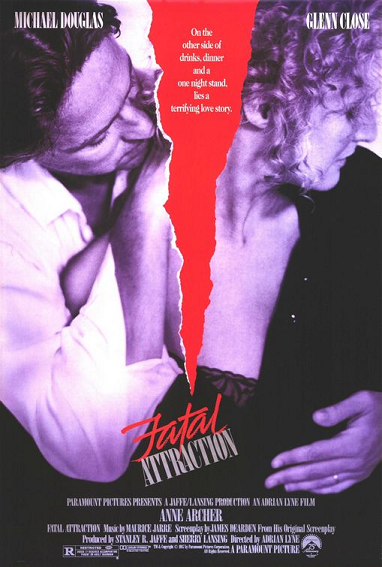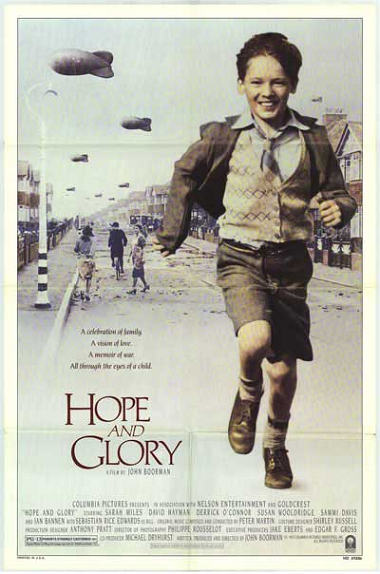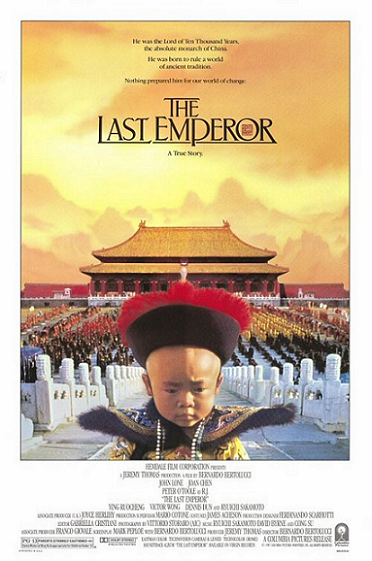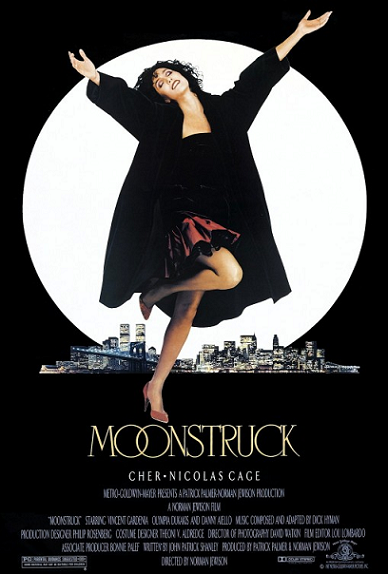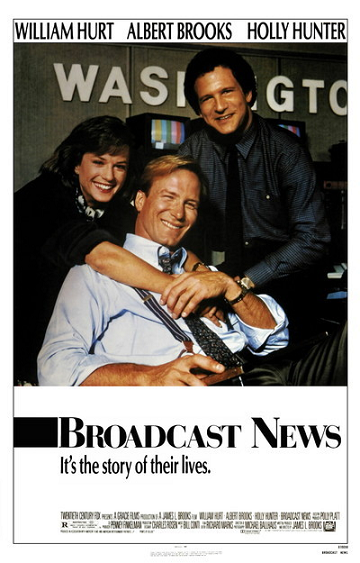
Starring: Holly Hunter, William Hurt, Albert Brooks, Robert Prosky, Joan Cusack, Jack Nicholson
Director: James L. Brooks
Summary: A news producer is caught between a committed journalist and a flashy anchor
Other Nominations: Actor (Hurt), Actress (Hunter), Supporting Actor (Brooks), Original Screenplay, Film Editing, Cinematography
I liked this a lot more than I thought I would. There’s a speech Hunter makes a conference near the beginning of the film that sets the table for the crux of the movie quite effectively: “We’re being increasingly influenced by the star system. The network anchormen are so powerful, they comprise our last, best hope. Our profession is in danger. The current group is clearly qualified, tied still to our best traditions, but who follows these men? We are being pressured to take a loyalty oath to profit and economy.” Network covered this exact issue in stronger fashion a decade before Broadcast News, but the movie still had its pulse on a problem that has grown into a crisis, and there’s no conceivable point of return here. The movie knows it, and celebrates those who try and fight the good fight even if they know it’s ultimately going to a losing battle.
What makes the movie really stand out for me is how strong the characters and performances are. Hunter and Brooks (who is extremely underrated in general as both a live action and voice actor) are your standouts here, playing the two pillars of integrity in a changing media landscape, and are the characters the audience will want to see succeed, but the writing and actors give them a lot of nuance and personality. Hunter’s role is one that a decade later would probably get played by Julia Roberts, and would be way less interesting. Hurt plays his role perfectly and knows he isn’t supposed to upstage the other two and again is better written than you would expect him to be-in a different movie he would simply be the guy you don’t want Hunter to end up with as he represents flash and lack of substance in news. Instead, he is that, but he also acknowledges his shortcomings and tries to improve himself and is the “nicer” guy compared to the sometimes acerbic Brooks. The final result of the love triangle is unexpected and I’m not sure if I like the conclusion or not, but the movie getting me invested enough in it for me to care is a very good sign indeed. Broadcast News is well-written, well-acted and is grounded enough in reality to not sugarcoat the future of media in spite of it trying to be a palatable movie for general audiences, which has allowed to to age well 30 years later.
Rating: A-

